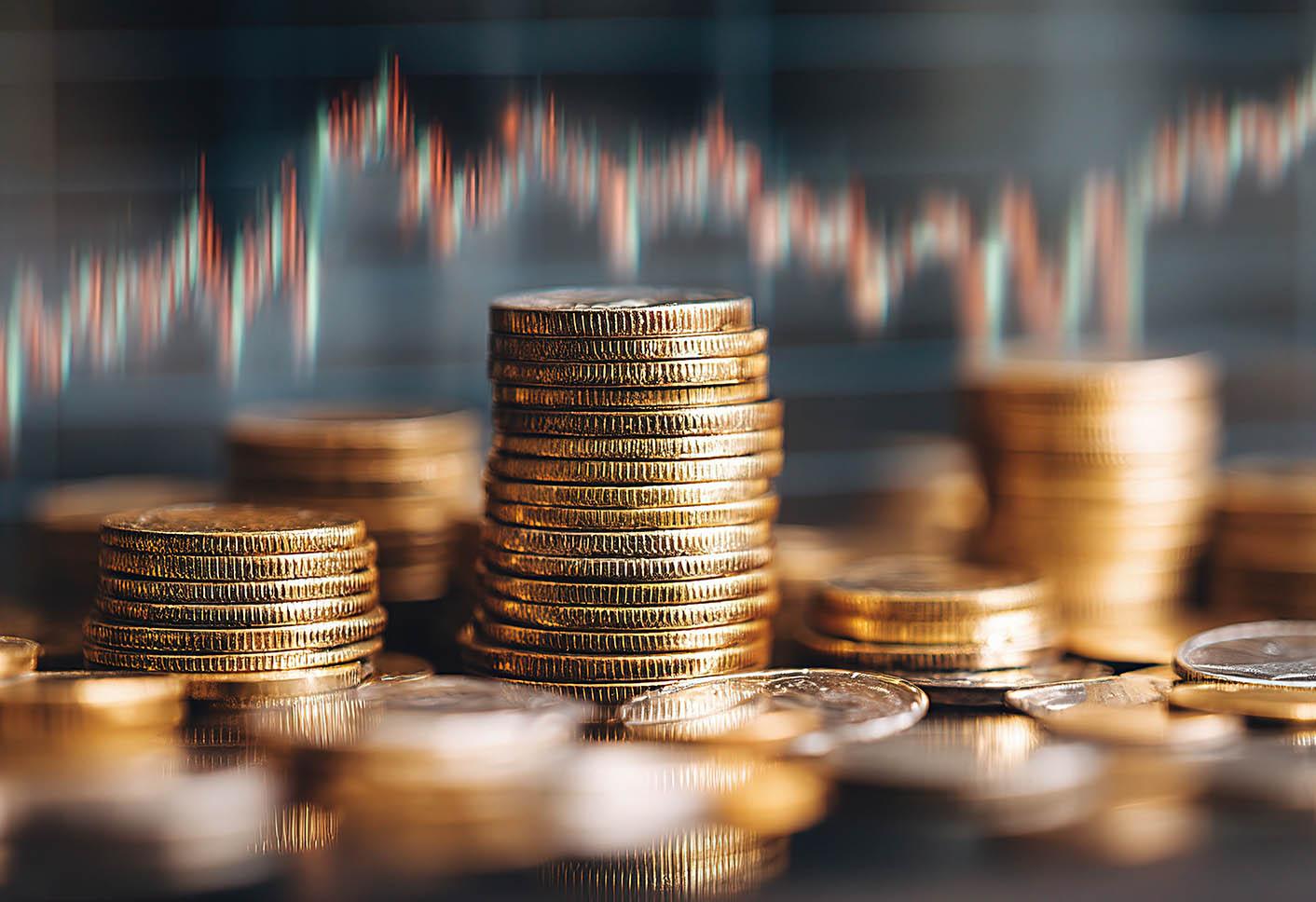Bullion Market Update – June 20, 2025

Precious Metals Prices
Gold had a small sell-off this week despite the geopolitical risk stemming from the growing Israel and Iran conflict. Gold began trading early Friday morning around $3,371.40/oz.
Silver experienced a slight correction later in the week after its large gains last week and early this week. It began trading early Friday around $35.80/oz.
Platinum demand has surged recently, with China importing 12.6T of the metal in May alone. Prices recently reached their highest level since 2014, currently trading close to $1,260/oz.
Palladium prices softly edged downward this past week with the spot price decreasing ~0.8%, settling around $1,042/oz.
Gold and silver had mild sell-offs for the week with the price of silver declining slightly more than the price of gold per ounce. As of Friday morning, the gold-to-silver ratio was around 94:1.
Market Overview
Israel and Iran Conflict
Over the past week, tensions between Israel and Iran exploded into open warfare following Israel’s launch of a major preemptive air campaign against key Iranian targets, including nuclear enrichment facilities and military infrastructure. The strikes began late on June 12 and were immediately followed by Iranian retaliation, including drone and missile attacks that reached deep into Israeli cities. The campaign, dubbed “Operation Rising Lion” by Israeli officials, has escalated into one of the most dangerous confrontations between the two countries in decades, with ripple effects across global markets and diplomatic channels.
From a more interventionist American perspective, aligned with voices like Ben Shapiro, the Israeli strikes were not only justified but overdue. This view argues that Iran, a state sponsor of terror with a long record of proxy warfare, has been emboldened by Western appeasement and is dangerously close to acquiring nuclear weapons. Allowing Iran to continue unchecked, in this view, would lead to far greater instability down the road. Proponents of this stance point to Iran’s support of Hezbollah and its threats against both Israel and the U.S. as evidence that a decisive blow to its capabilities is necessary. For these commentators, Israel is not only acting in self-defense but also doing what the United States should be willing to do: confront threats before they materialize on a catastrophic scale.
On the other hand, the isolation-leaning side, represented by figures like Tucker Carlson, views the escalation as reckless and contrary to American interests. From this standpoint, the conflict is seen as a regional war that the U.S. should avoid entangling itself in, particularly when American citizens are still recovering from two decades of costly Middle East interventions. Critics question whether this conflict truly poses an existential threat to the U.S. and warn that further involvement could drag the nation into another endless war. They also raise concerns about the humanitarian impact, the risk of global oil supply disruptions, and the potential for broader regional destabilization, particularly if Syria, Lebanon, or Gulf states are pulled into the fray.
Markets responded swiftly. Oil prices surged to above $80 per barrel amid fears of supply disruptions through the Strait of Hormuz, a vital shipping route. This, in turn, has fueled inflation fears. Gold, traditionally a haven, also jumped, briefly crossing $3,400 per ounce, as investors sought shelter from volatility and geopolitical risk. If the conflict deepens or draws in additional players, both commodities could climb even higher.
